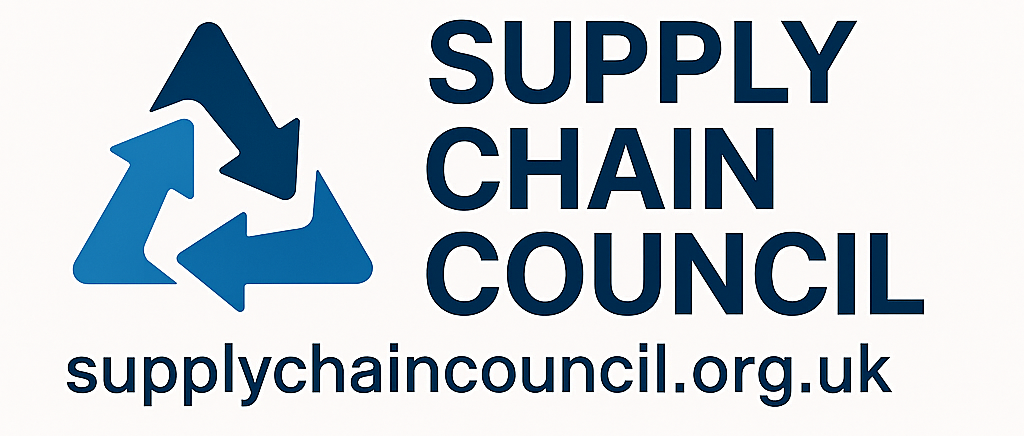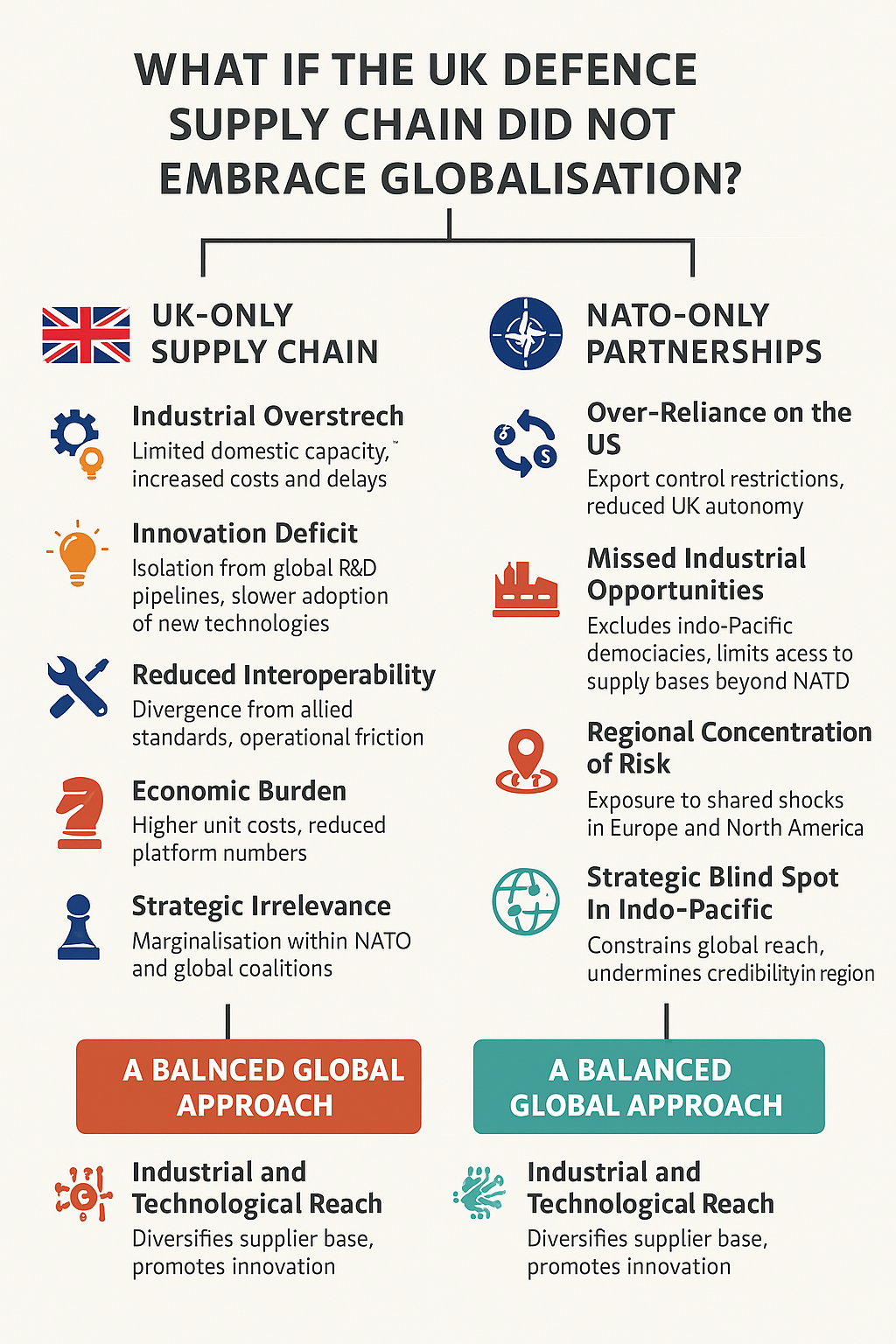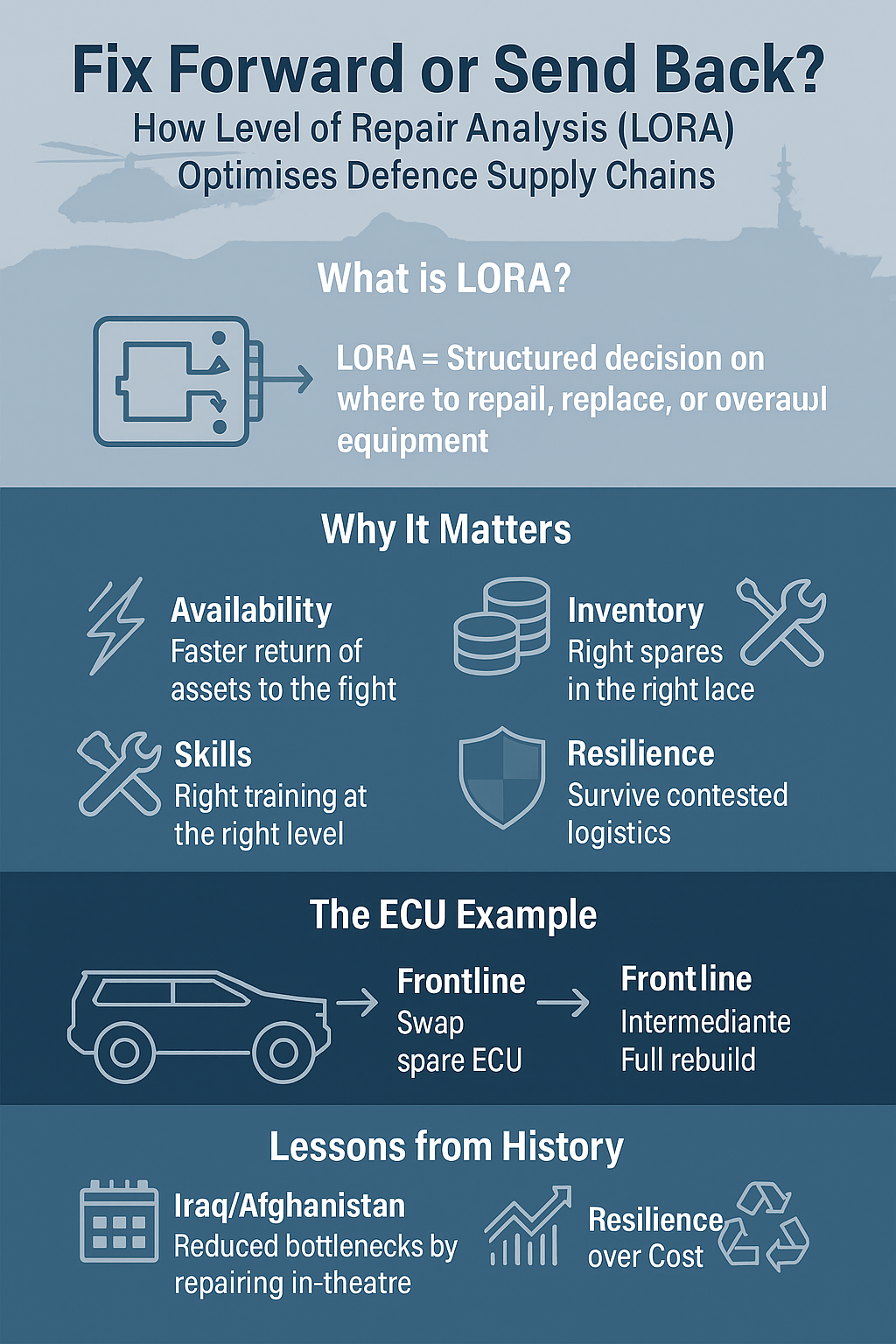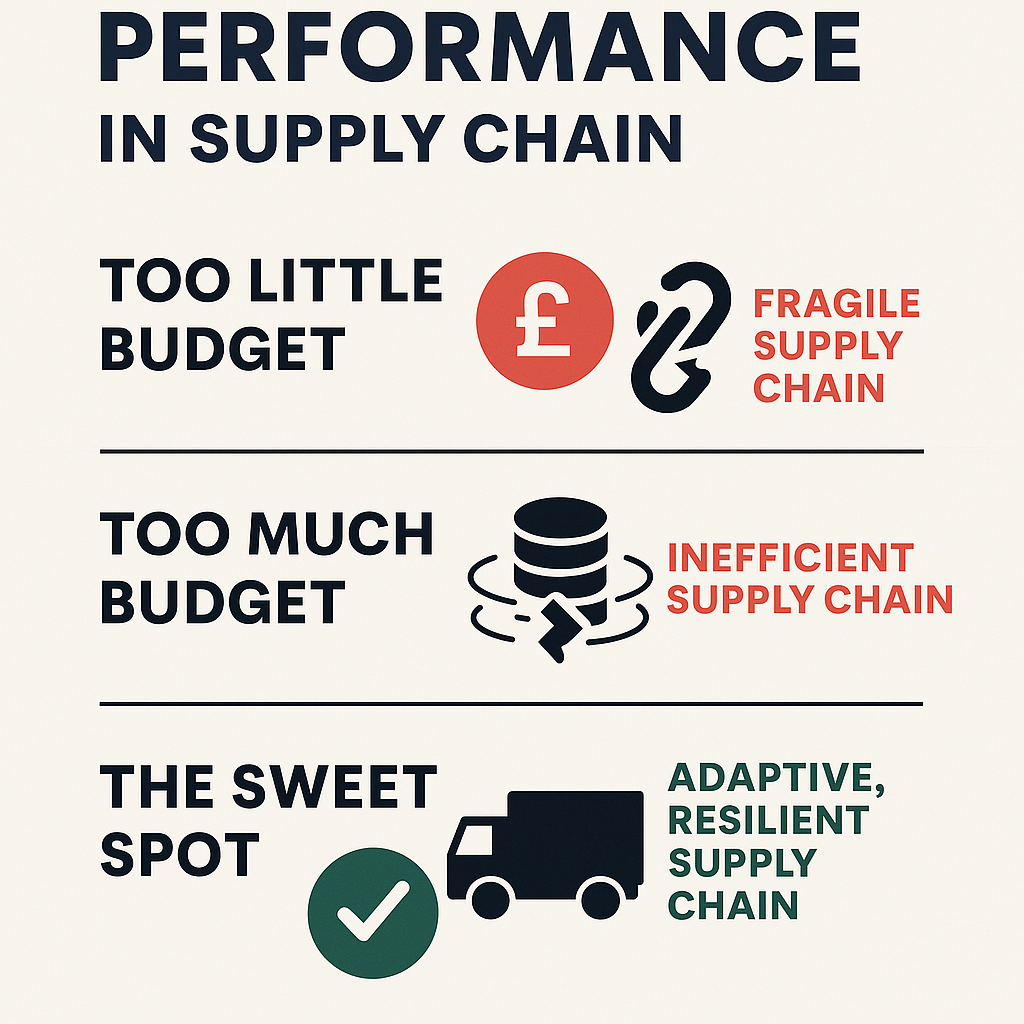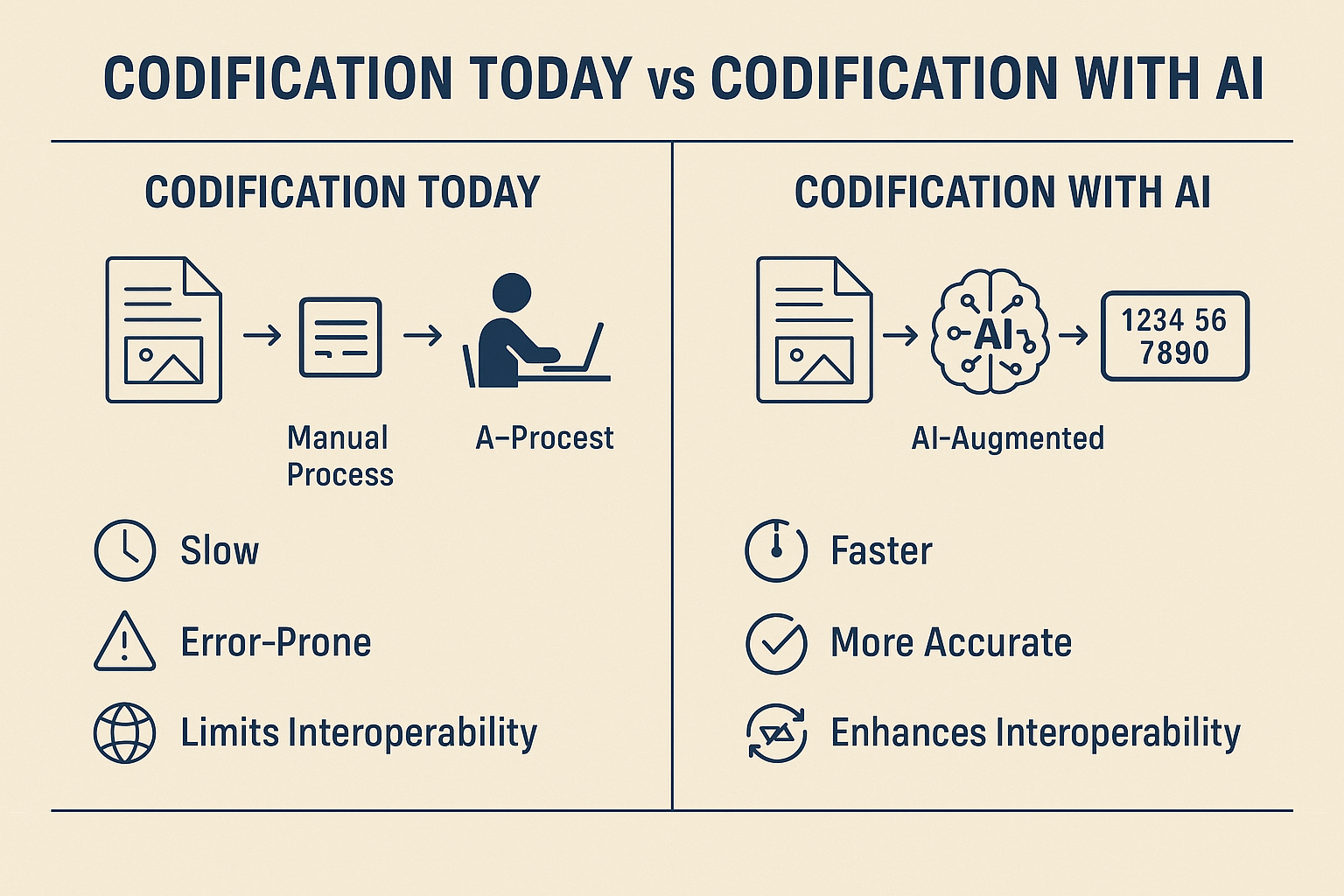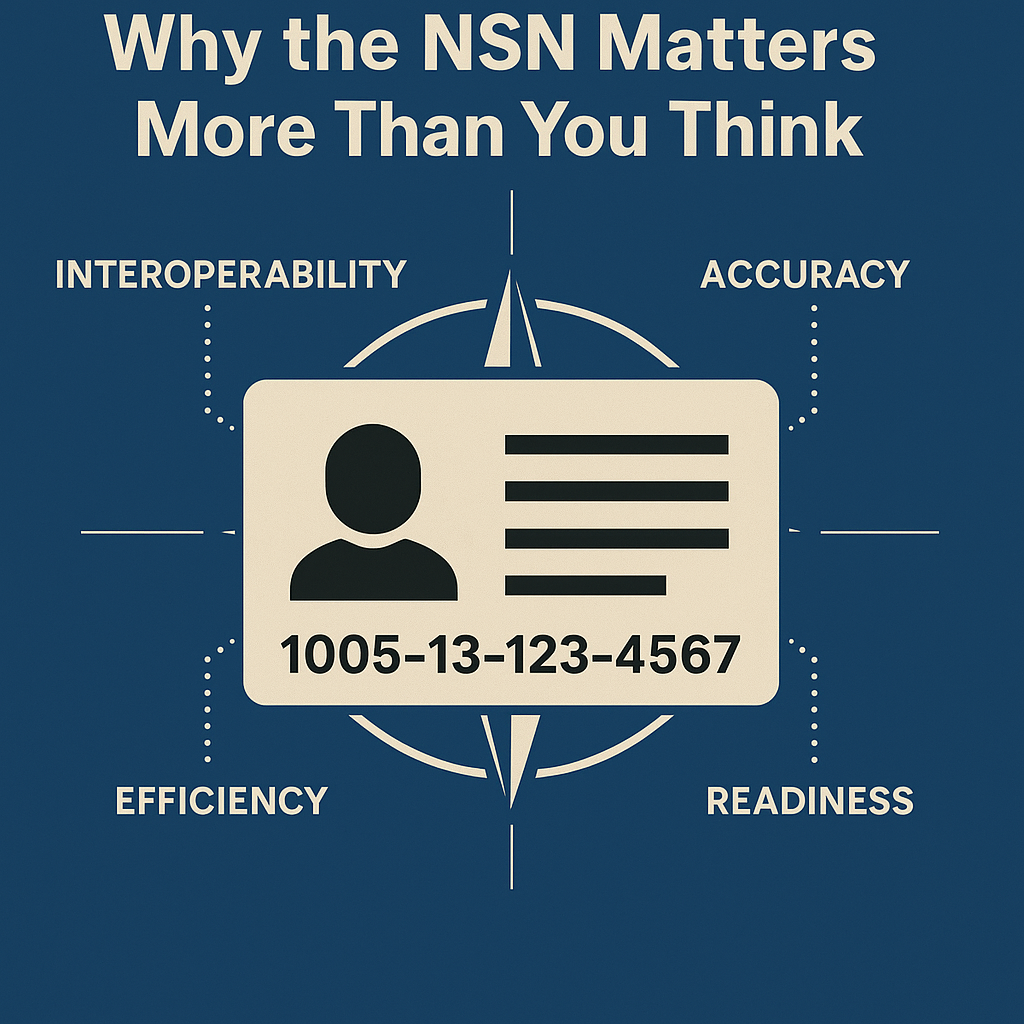Author: Paul R. Salmon FCILT, FSCM,FCMI
Executive Summary
NATO has, for decades, benefited from the NATO Codification System (NCS) — a common language of supply chain identity that has transformed multinational interoperability. Yet while nations share what an item is, they do not share how an item performs.
Failure rates, MTBF/MTTR values, and real-world reliability data remain fragmented across national systems (JAMES, UMMS, LITS, JDRS, GCSS-Army, etc.), or controlled by OEMs under contract. The absence of a shared failure data framework means nations often discover the same issues independently, at significant cost.
This thought paper proposes the creation of a NATO Failure Data Exchange Framework (FDEF) to provide a federated but standardised way of sharing reliability information across the Alliance.
Why Failure Data Matters
Failure data is the lifeblood of availability forecasting. Without it, spares planning, LORA, and resilience modelling depend on OEM estimates or national data silos. Shared failure data would:
Improve reliability predictions through pooled datasets. Enable multinational stock optimisation and shared spares pools. Detect risks faster, identifying systemic issues across nations. Reduce costs, lowering urgent buys and improving contract negotiations. Strengthen operational coherence by aligning coalition partners on reliability assumptions.
Barriers to Sharing
Several challenges explain why NATO has not yet established a failure data exchange:
Security: Failure data may reveal operational vulnerabilities. IP and Contracts: OEMs assert control over reliability case submissions. Classification Differences: Data is marked differently (CUI, RESTRICTED, SECRET). Data Standardisation: Nations collect failure data in different formats and taxonomies.
These challenges mirror those faced during the development of codification in the 1950s — and were overcome through governance, standardisation, and phased implementation.
A Framework for Exchange
The FDEF would be built on four pillars:
Standards: Develop an Allied Failure Data Publication (AFDefP-1), defining minimum fields (MTBF, MTTR, cycles, modes). Federation: Nations retain ownership of raw data but share agreed extracts into a NATO exchange service. Governance: NATO Support & Procurement Agency (NSPA) acts as custodian; national Failure Data Custodians mirror National Codification Bureaus. Pilots: Begin with multinational fleets (C-17 SAC, F-35 JPO, NATO AWACS) before scaling Alliance-wide.
Strategic Impact
The codification system created a shared language of identity. A failure data framework would create a shared language of performance. Together, these would give NATO both the vocabulary and the evidence base to:
Forecast demand accurately. Allocate resources efficiently. Improve resilience in contested logistics environments. Drive down life cycle cost across shared fleets.
Conclusion
The question is not whether failure data should be shared — it is whether NATO can afford not to.
Every nation is currently paying to discover the same problems. A Failure Data Exchange Framework would break that cycle, creating a collective advantage in reliability, cost, and readiness.
